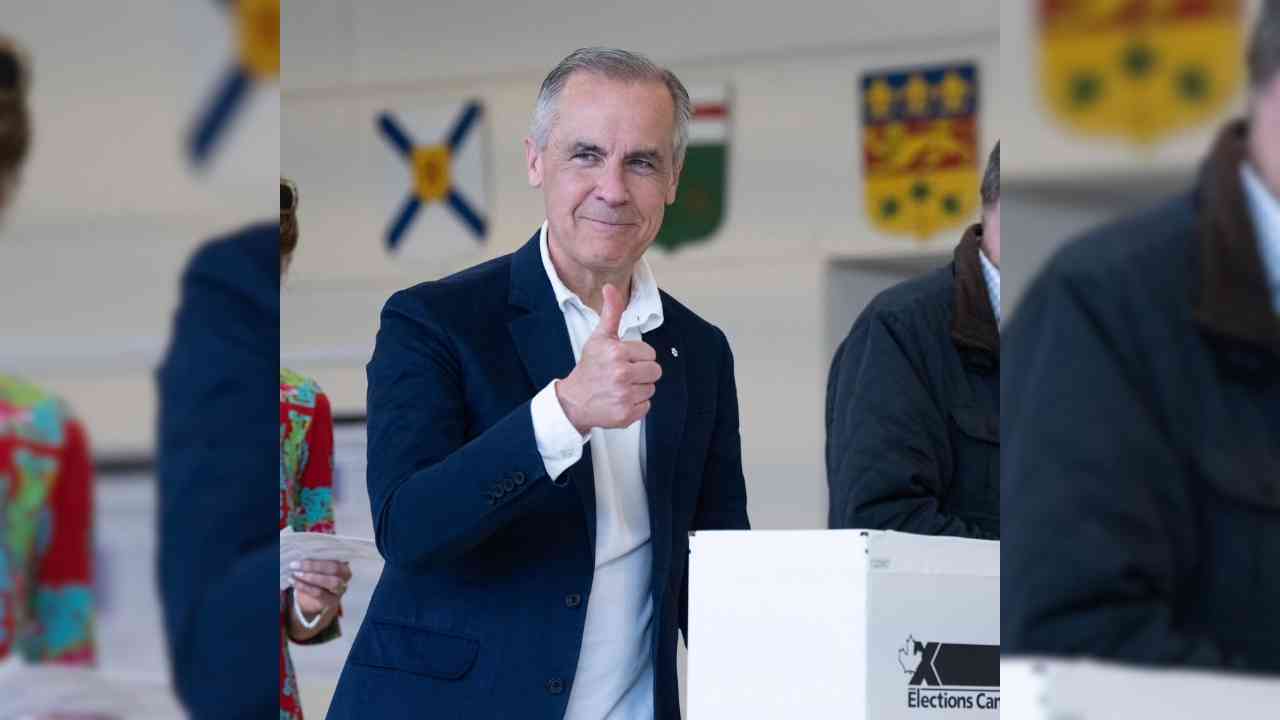David Suzuki: Canada’s new government must show courage on climate
David Suzuki: Canada’s new government must show courage on climate

Canada’s new government must show courage on climate

David Suzuki: Canada’s new government must show courage on climate

Canada’s new government must show courage on climate

Climate was barely mentioned by anyone on the campaign trail, and despite being not-Conservative, the Liberal Party has long been a friend of the fossil fuel industry. Carney provided no indication that his leadership would be any different. If you want action on climate, you can't keep electing Liberals and Conservatives.
Carney has on several occasions said that canada should become a green energy super power. Carney canceled consumer carbon pricing, but he kept the industry pricing, where the tax can be more impactful in developing change. He also worked with the bank of england during a big change for net zero initiatives than many of the public pushed against. I think he will do more for the environment in Canada than previous liberal leaders. We as the population also have a role by writing to our MPs on what changes we want to see and protesting policies that harm our planet.
Carney provided no indication that his leadership would be any different.
Getting to net zero is a major reoccurring theme in Carney's book.
His proposal is to use regulatory frameworks to make it be in businesses best interests for them to choose to make better environmental choices.
What would one do to fight climate change. I'm assuming the first step would be taking over zoning laws federally to rezone for density, then investing hundreds of billions into mass transit instead of social programs.
Then it would be cutting off Chinese imports, obviously dramatically raising interest rates due to inflation, potentially toppling our housing bubble.
Then ending immigration from low emitting countries, causing a dramatic fall in GDP, and an immediate recession. Does this sound right?
I get it. You're convinced that global warming isn't a serious threat, or maybe you've just decided that it can't be because you're not willing to consider alternatives to how you live. That's why it's easy to invent a bunch of nonsense policy and pin it on a stranger. It makes it easy to pretend that you're the reasonable one in the room. I understand it, but it's still an idiotic position to take.
Here is some basic policy that Canada can and should adopt to combat climate change at the federal level. Some of it may well hurt the economy, but compared to the catastrophic damage the climate is already doing, it's nothing.
I don't know where you got your three bananas ideas, but the above is a pretty good start for actual action on climate. Every one of these will improve quality of life, while the alternative is watching one city like Jasper go up in flames every year until it's two cities, or three. Major cities like Kamloops, or even Vancouver are definitely already at serious risk even now. What do you think the economic cost would be if we lost them too?
Take heed, government of Canada: It may be difficult to imagine but you need to find real courage and leadership here. Bear in mind that if you fail as all your predecessors who faced or avoided this problem have failed, David Suzuki will be disappointed.
Good thing that climate action is a part of the Prime Ministers plan for Canada Eh?
I'm so glad Canada elected someone who is well versed in both climate change and economics, he might actually be able to build a more climate friendly economy in Canada.
Our other option wants to deny climate change as an issue and reject just about anything that hurts profits for the benefit of the climate, fresh water, ecosystems, or animals.
While him being versed in Economics and Climate Change is a huge bonus, the fact that he is so genuine and upfront is what sold me most. He doesn't really mince words and it is refreshing to have someone in that position speak to adults like they are adults.
Keep the "other option" american-style bullshit out of Canadian politics. We have a multiparty democracy that can operate with minority governments and coalitions. This country really does not need a polarized American style two party system.
During the debates, all three parties were falling over each other to profess support for more oil pipelines. I don't think your faith here is well placed.